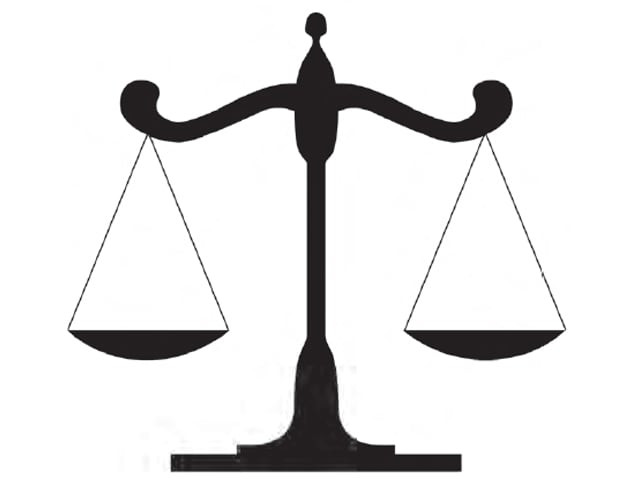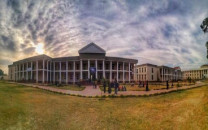Politicians vent ‘guarded’ reservations on SC order
No-one calls it totally ‘flawed’ but some describe it as ‘self-serving and incomplete’.

Politicians vent ‘guarded’ reservations on SC order
The ‘change of heart’ by some leading political outfits might cast serious doubts on the implementation of the decision that was immediately welcomed by the government with a promise of abiding by it.
Prime Minister Yousaf Raza Gilani called it a ‘boost for the parliament’s prestige’ when the Supreme Court on Thursday asked his government to review the mechanism of appointing judges in the superior judiciary envisaged in the constitutional amendment through the insertion of a new article 175 (A).
The parliament approved the amendment with an overwhelming two-thirds majority in April this year.
The review has to be done by a 27-member all parties parliamentary committee that was the architect of the amendment.
In pursuit of the court order, the government would have to toil for building the same sort of consensus again, a task appearing difficult in the face of increasing criticism from political parties. A top leader of the Awami National party (ANP) said the Supreme Court must have either asked for the review of all ‘controversial’ articles of the 18th Amendment or should have settled others.
“That’s where it looks to be an incomplete decision…it won’t serve the purpose because it ignores so many things which can later become an irritant,” said ANP’s Senator Haji Adeel Ahmed.
Haji Adeel, who is a member of the Parliamentary Committee on Constitutional Reforms (PCCR), was referring to the court’s move to single out the issue of judges’ appointment for review and ignoring all others which had also been challenged through separate petitions.
“I’ll not say it’s a bad decision…but it is definitely an incomplete one,” Haji remarked.
A top leader of the Muttahida Qaumi Movement (MQM) proposed that the parliamentary committee should look at the fact whether the judges’ appointment mechanism under the 18th amendment was contradicting basic principles of the Constitution.
A Pakistan Muslim League-Quaid stalwart said some members of the committee could react to what they might consider as ‘direction’ from the court to the parliament.
There is a lingering debate in Pakistan that which out of these two state institutions—the parliament and the Supreme Court—is supreme and what is the ambit of their powers.
With all others expressing doubts about the implementation of the order, the Pakistan Muslim league-Nawaz was the only party left to support the decision ‘whole-heartedly’.
Published in The Express Tribune, October 23rd, 2010.



















COMMENTS
Comments are moderated and generally will be posted if they are on-topic and not abusive.
For more information, please see our Comments FAQ